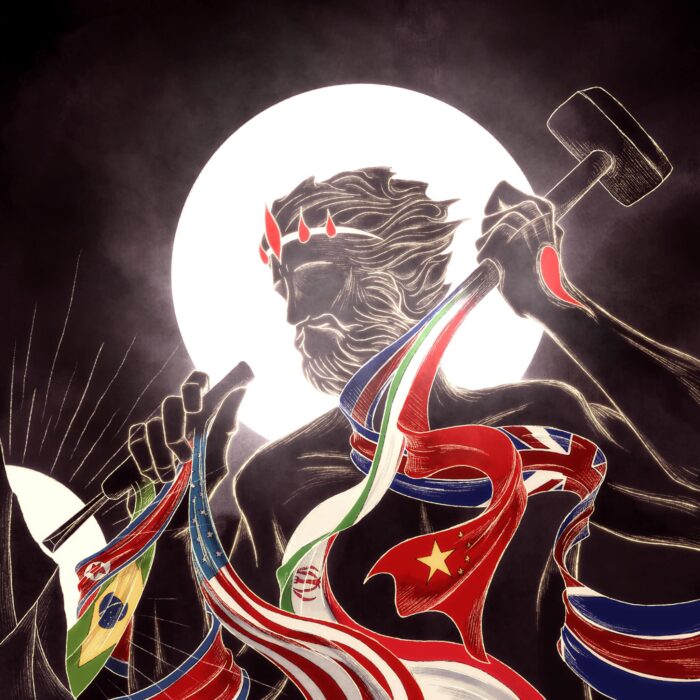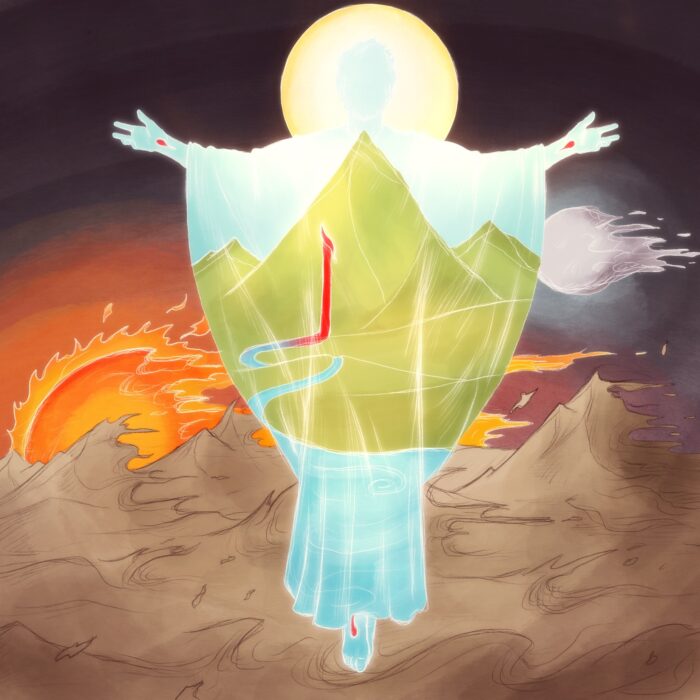Isaiah 10:5, 15, “Woe to Assyria, the rod of my anger; the staff in their hands is my fury…As if a rod should wield him who lifts it, or as if a staff should lift him who is not wood.”
In context, these verses present the invading Assyrian army as a tool of judgment in the hands of YHWH. He wields this powerful nation against His wayward people just as a Shepherd might use a staff or rod to control unruly sheep. And just as a tool cannot boast over the one who wields it, so too Assyria cannot boast over YHWH.
This sort of language establishes a paradigm that we see throughout Scripture, namely the One True God is absolutely and uncontestedly sovereign over the affairs of human history.
[[Note]]: Of course, this brings up many valid questions about the interplay of the human will and the divine will. Suffice to say—even as we see in this passage (Is.10:7)—the human will is a genuine reality which does not always (or ever) align with the divine will, and humans are responsible for their willing. However, the human will—like the human as a whole—lives and breaths and has its being only within the atmosphere of the divine will. More needs to be said, but that’s for another time. [[End Note]]
As we were saying, the One True God is absolutely and uncontestedly sovereign over the affairs of human history. And so, as the nations rage and the peoples plot in vain and the kings of the earth set themselves to achieve their will, what a glorious thing to remember that YHWH has established His King on the throne. The Crucified and Risen Son holds all authority in heaven and on earth and the nations are tools in His wounded-and-healing hands. Like a skilled artist with hammer and chisel, the Son will wield the kings and presidents and emperors and lords of this world, using them to sculpt human history into a monument to the glory of the Father’s Name—which is also His own Name.




